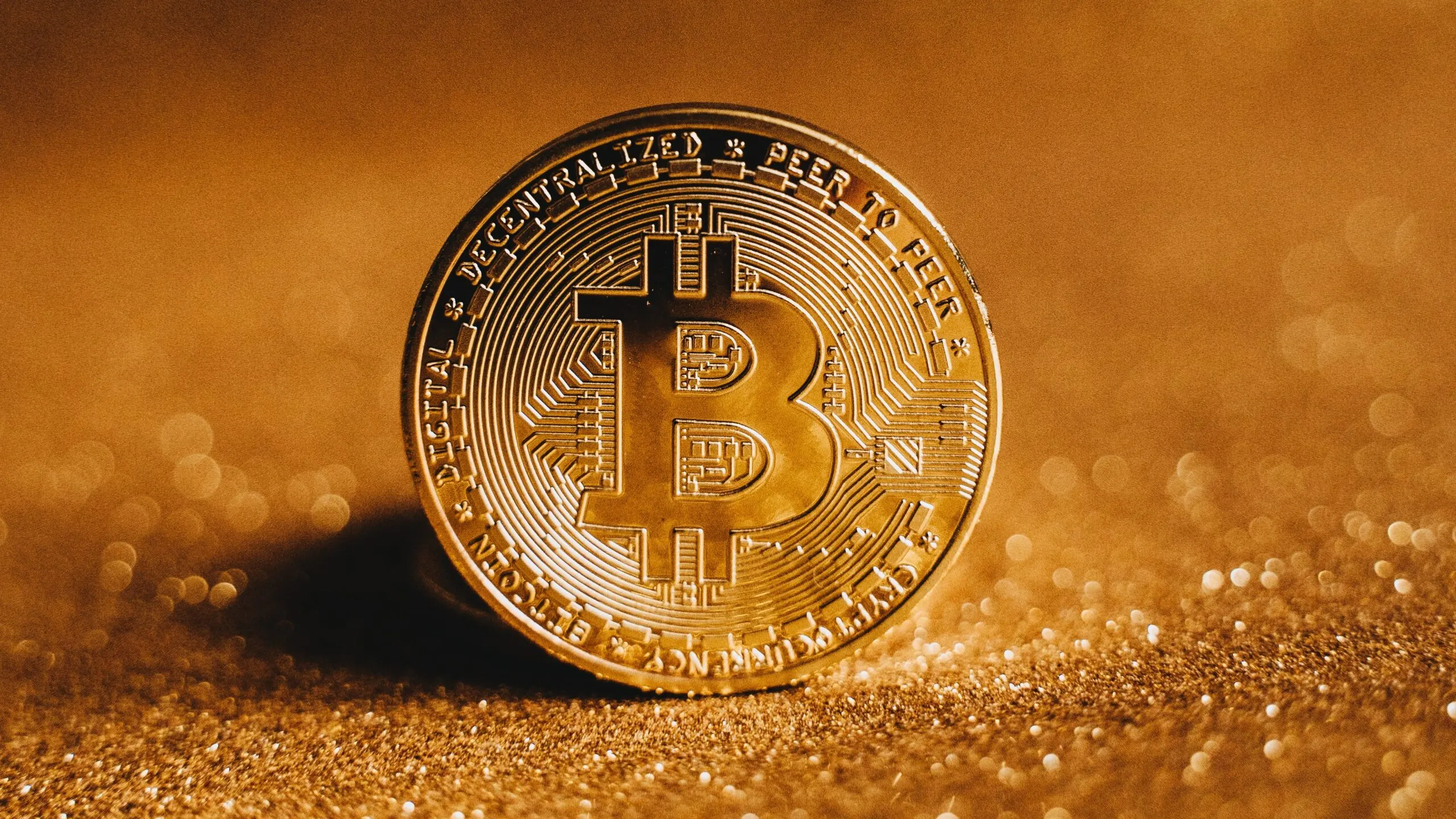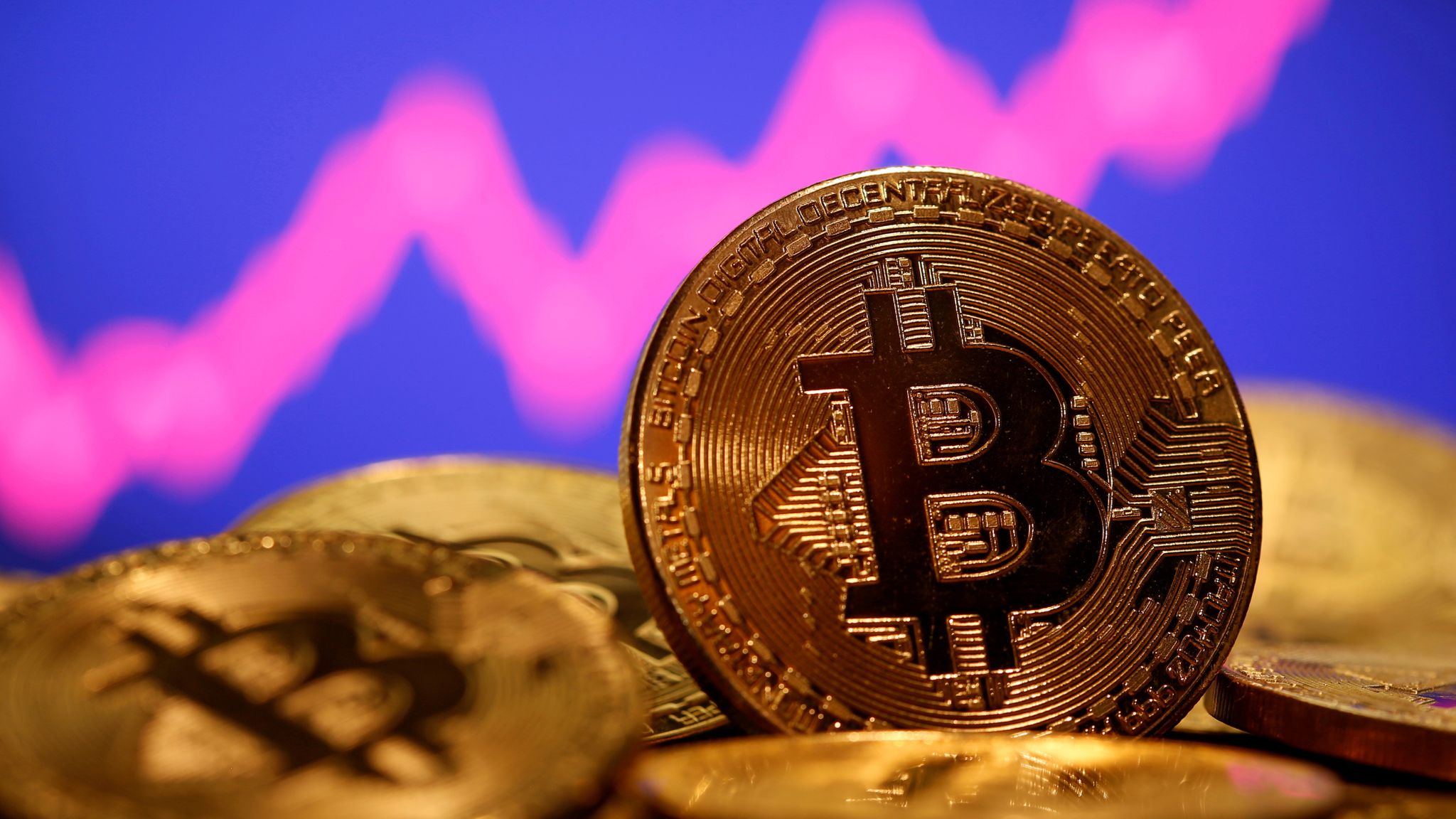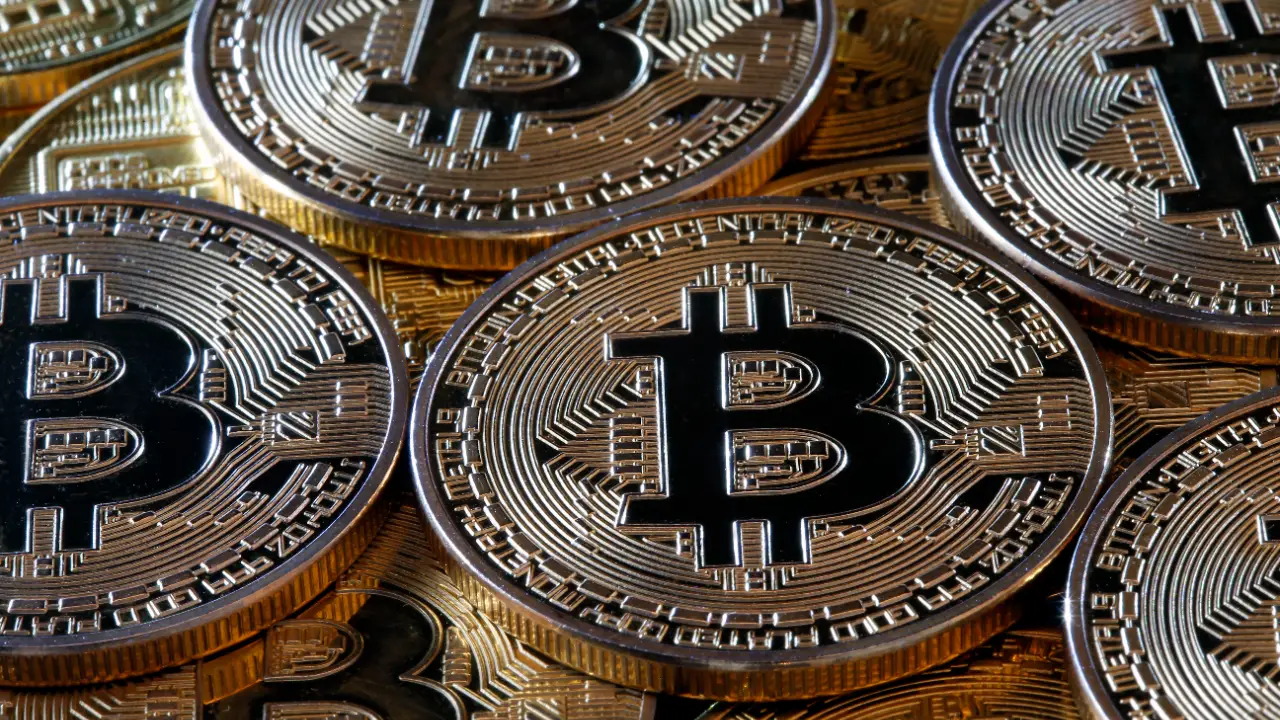DOJ Seeks Seizure of $16M in Crypto Linked to FTX from Binance After Year-long Investigation
The U.S. Department of Justice (DOJ) has filed a civil forfeiture complaint aiming to seize approximately $16 million in cryptocurrency associated with the collapsed FTX exchange.

The U.S. Department of Justice (DOJ) is pursuing the seizure of $16 million in cryptocurrency associated with the collapsed FTX exchange, which is currently held on Binance. This action follows a year-long investigation into the financial activities surrounding FTX, highlighting ongoing efforts to recover funds linked to the fraudulent operations of the exchange. The DOJ's move underscores the complexities of cryptocurrency regulation and the challenges faced by law enforcement in tracing and reclaiming digital assets.
Key Points:
-
Investigation Duration: The DOJ's investigation has spanned over a year, indicating the depth and complexity of the case.
-
Amount Involved: The targeted amount for seizure is $16 million, which is significant in the context of the broader financial fallout from FTX's collapse.
-
Connection to FTX: The cryptocurrency in question is directly linked to FTX, a major player in the crypto market that faced a dramatic downfall due to alleged mismanagement and fraud.
-
Binance's Role: The funds are currently held on Binance, one of the largest cryptocurrency exchanges, raising questions about the exchange's compliance with regulatory measures.
-
Regulatory Implications: This case highlights the ongoing scrutiny of cryptocurrency exchanges and the regulatory landscape as authorities seek to enforce laws and protect investors.
This development is part of a larger trend where regulatory bodies are increasingly focused on the cryptocurrency sector, aiming to establish clearer guidelines and accountability in the wake of high-profile failures. The U.S. Department of Justice (DOJ) is actively seeking to seize $16 million in cryptocurrency linked to the defunct FTX exchange, which is presently held on Binance. This initiative comes after a year-long investigation into the financial dealings associated with FTX, emphasizing the ongoing efforts to recover assets tied to the exchange's fraudulent activities. The DOJ's actions highlight the intricate nature of cryptocurrency regulation and the difficulties law enforcement faces in tracking and reclaiming digital currencies.
The U.S. Department of Justice (DOJ) is actively pursuing the seizure of $16 million in cryptocurrency that is linked to the now-defunct FTX exchange and currently held on Binance. This move follows an extensive year-long investigation into the financial practices surrounding FTX, which has been marred by allegations of fraud and mismanagement. The DOJ's actions reflect a broader commitment to recovering assets that were misappropriated during FTX's operations, as well as addressing the challenges posed by the rapidly evolving cryptocurrency landscape.
Additional Insights:
-
Impact on Investors: The seizure of these funds is part of efforts to return lost assets to investors who were affected by FTX's collapse, which has left many seeking restitution.
-
Legal Precedents: This case may set important legal precedents regarding the handling of cryptocurrency in investigations, particularly in terms of asset recovery and regulatory compliance.
-
Future of Cryptocurrency Regulation: The ongoing scrutiny from the DOJ and other regulatory bodies may lead to more stringent regulations in the cryptocurrency market, aiming to prevent similar incidents in the future.
-
Public Perception: The actions taken by the DOJ could influence public perception of cryptocurrency exchanges, potentially leading to increased caution among investors and users of these platforms.
-
Binance's Compliance: As one of the largest exchanges, Binance's role in this situation will be closely monitored, as it may face further regulatory challenges depending on the outcome of the investigation.
This situation underscores the complexities of cryptocurrency regulation and the need for robust frameworks to protect investors and ensure accountability within the industry. The DOJ's pursuit of these funds is a significant step in addressing the fallout from FTX's collapse and may have lasting implications for the future of cryptocurrency regulation.
FAQ:
Q1: What is the DOJ seeking to seize?
A1: The U.S. Department of Justice (DOJ) is seeking to seize approximately $16 million in cryptocurrency held in a Binance account that is linked to the FTX exchange.
Q2: Why is the DOJ pursuing this seizure?
A2: The seizure is part of a civil forfeiture complaint following a year-long investigation into FTX's financial practices, which have been associated with allegations of fraud and mismanagement.
Q3: What is FTX, and why is it significant?
A3: FTX was a cryptocurrency exchange that collapsed amid allegations of financial misconduct. Its downfall has raised concerns about the safety and regulation of cryptocurrency exchanges.
Q4: How does this seizure affect investors?
A4: The DOJ's actions aim to recover misappropriated assets for investors who lost money due to FTX's collapse, potentially providing some restitution to affected parties.
Q5: What implications does this have for cryptocurrency regulation?
A5: The ongoing investigation and seizure efforts may lead to stricter regulations in the cryptocurrency market, as regulatory bodies seek to prevent similar incidents in the future.
Q6: What role does Binance play in this situation?
A6: Binance, as one of the largest cryptocurrency exchanges, is involved in the investigation due to the funds being held in its account. Its compliance with regulations will be closely scrutinized.
Q7: What are the potential legal precedents set by this case?
A7: This case may establish important legal precedents regarding the recovery of cryptocurrency assets in investigations, influencing future regulatory practices and enforcement actions.
Q8: How might public perception of cryptocurrency change due to this event?
A8: The DOJ's actions could lead to increased caution among investors and users of cryptocurrency exchanges, potentially affecting the overall trust
What's Your Reaction?















